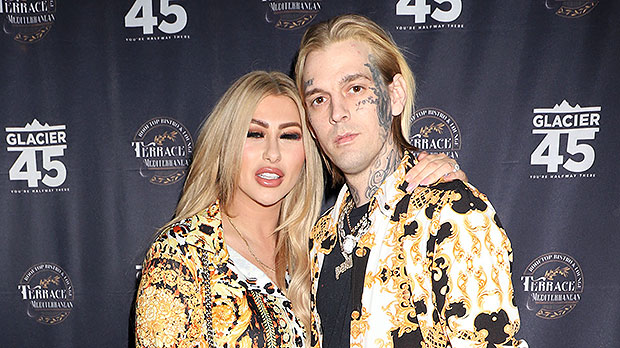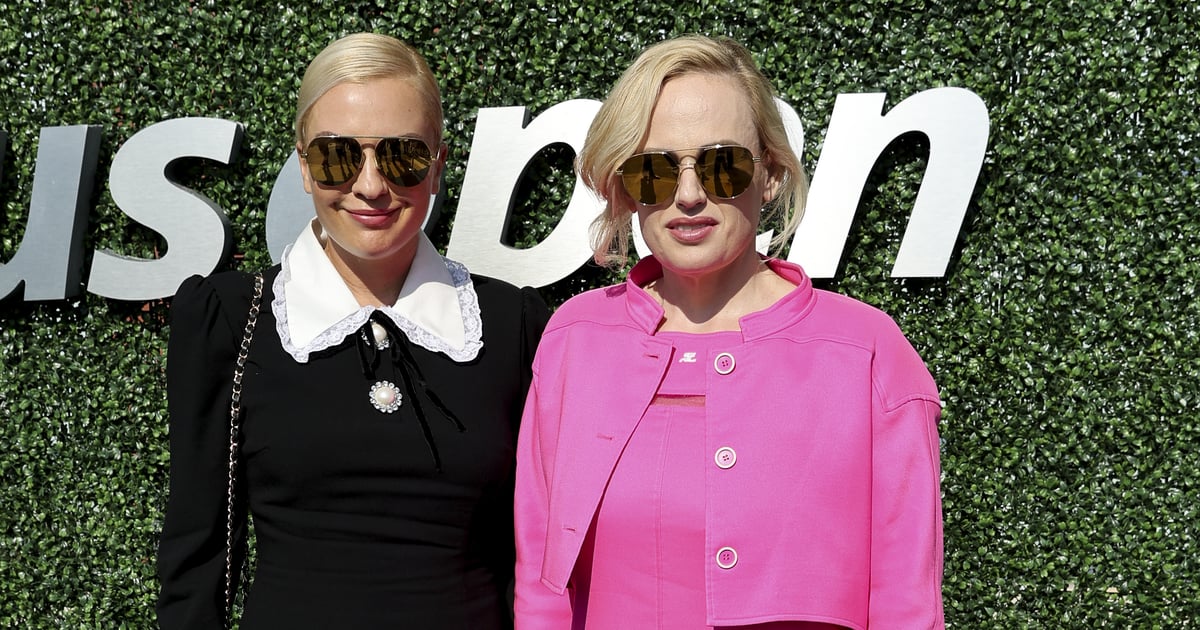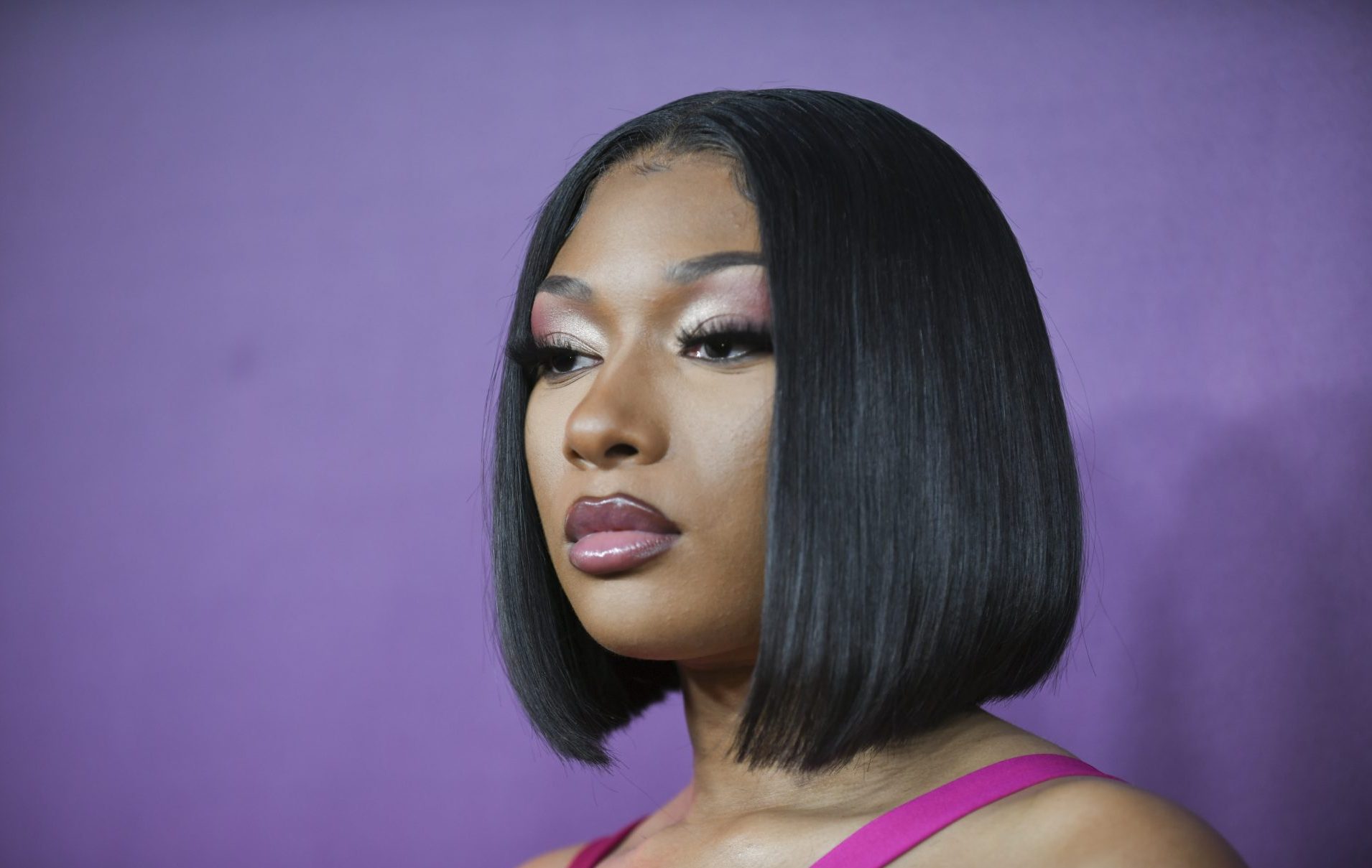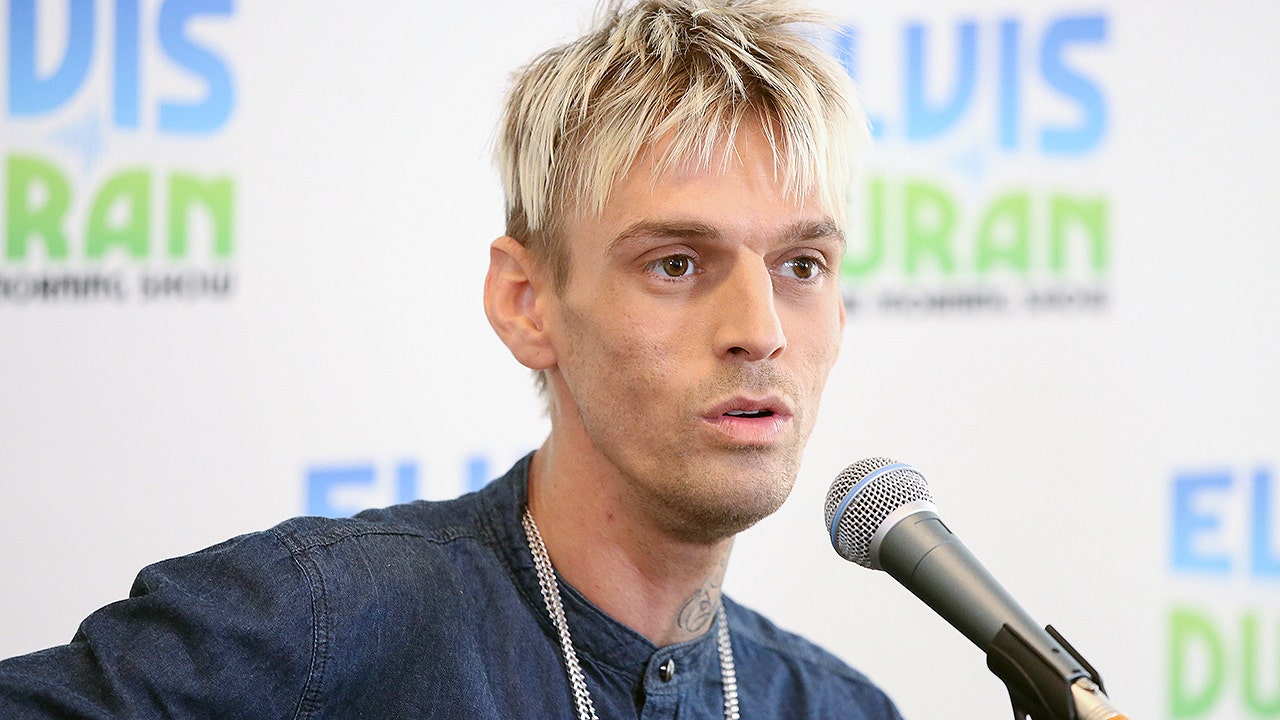“It’s Heavy Being In This Room”: She Said Premiere Brings Hollywood—and Journalism—Stars Together

The Gray Lady hit the big screen Thursday evening, as She Said—a star-studded film chronicling the New York Times investigation exposing Harvey Weinstein’s decades of wrongdoing—premiered at the New York Film Festival. The Pulitzer-winning reporters who broke the story, Jodi Kantor and Megan Twohey (and their editor, Rebecca Corbett), were far from the only Times journalists in the house. Executive editor Joe Kahn found his seat a few down from chairman and publisher A.G. Sulzberger, who leaned over a row to give his cousin, deputy manager editor Sam Dolnick, a hug hello. Dean Baquet, who ceded the reins to Kahn in June, was seated nearby, as was CEO Meredith Kopit Levien. A number of former and current Times staffers were also in attendance, including Ben Smith, Katie Robertson, Lydia Polgreen, and Brian Stelter (joined by his wife, NY1 anchor Jamie Stelter), as were other journalists like The Atlantic’s Frank Foer and Time’s Charlotte Alter.
The screening began after a brief introduction in which some of the actors playing the newsroom figures—Zoe Kazan as Kantor, Carey Mulligan as Twohey, Andre Braugher as Baquet—came on stage. Later, I spotted Peter Friedman, who plays former Weinstein lawyer Lanny Davis, outside the theater. (She Said gets another hint of Succession from Nicholas Britell, who did the score.)
She Said, an investigative thriller in the spirit of journalism procedurals like Spotlight and All the President’s Men, follows the two journalists as they break the Weinstein story, piecing together the Hollywood producer’s serial sexual assault and harassment and the broader system—of paid-for silence and intimidation—that allowed him to get away with the abuse for as long as he did. It’s based on the book (with which it shares a name) published by Kantor and Twohey in 2019, which gets more into the nitty gritty of the reporting but, like the movie, focuses heavily on the women who came forward. Some of them were in the audience, and were invited to stand after the film ended, to roaring applause.
“It’s heavy being in this room. It’s a room where Harvey Weinstein has been, this room and this festival,” NYFF director Eugene Hernandez said as he began an on-stage conversation after the film, noting it was nearly exactly five years ago that the Weinstein investigation was published. “The Weinstein story underlined everything we believe about journalism and put exclamation points on it,” said Kantor, who was seated on stage along with Kazan, Mulligan, Twohey, Ashley Judd—the only actress who plays herself in the film—and She Said’s producers, screenwriter, and director Maria Schrader. “It’s our job to build people’s confidence in telling the truth and we really hope that the film will help in that work,” Kantor said, noting “the number of people who shared information with us was relatively small, and yet their impact was so large. We hope this film helps people remember that these personal stories really can make an enormous difference.” (Weinstein, who was found guilty of rape and sexual assault in New York, is facing additional charges in Los Angeles; he has denied the allegations against him.)
Near the end of the conversation, Kazan was asked a where-are-we-now type question. “Anyone reading the newspaper headlines since let’s just say the beginning of May would know that we’re still living in an oppressive patriarchy. That’s not special to our industry,” she said, referring to Politico’s leaked draft of the Supreme Court decision to overturn Roe v. Wade, a ruling that became official a month later. Something that has resulted from the Times’ reporting and subsequent stories “is that there is now a conversation that is open and not just behind closed doors,” Kazan said, adding there are also seemingly small things, like having intimacy coordinators on set for sex scenes, “which now have become an industry standard…so I feel like there are certain safeguards, certain channels of communication that are open.”
There is still, Kazan said, “so much change left to be done.” But “for me, the thing that Jodi touched on, that an individual can make change when supported by the right institutions, is the most important thing. I think for a long time the institutions of Hollywood were all organized to support one kind of person.”
Share this news on your Fb,Twitter and Whatsapp
NY Press News:Latest News Headlines
NY Press News||Health||New York||USA News||Technology||World News





